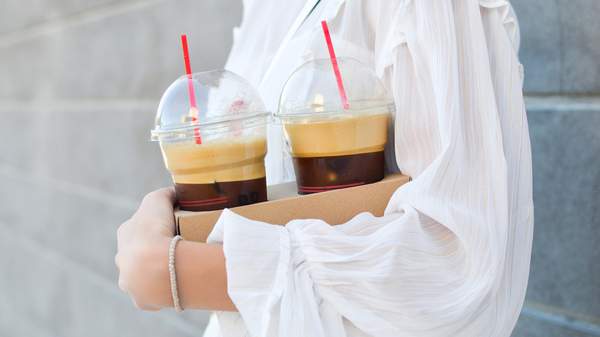Overview
Australia's war on waste has received a significant boost, with the Federal Government pledging to ensure that 100 percent of the country's packaging is recyclable, compostable or reusable in the next seven years.
Announced by Minister for the Environment and Energy Josh Frydenberg, the target will be implemented by 2025 or earlier. The Commonwealth will also work with state and territory governments to increase the nation's recycling capabilities — and prioritise 'waste-to-energy' projects, which convert waste that is unable to be recycled into energy.
Also on the agenda: ramping up the purchase of recyclable materials by the various levels of government by using more recycled paper, and building roads and construction projects out of recycled mattter.
The focus not only on mandating the widespread uptake of recyclable packaging, but also finding ways to use and process it forms part of the country's response to China's decision to stop importing waste. Since the beginning of 2018, Australia has been struggling to find solutions for the 1.3 million tonnes of recyclable materials it previously sent to Chinese facilities each year, a figure that accounts for 35 percent of our recyclable plastics and 30 percent of our recyclable paper and cardboard. Earlier this month, it was discovered that one Queensland council had been sending recyclable matter to landfill instead.
The promise to scrap non-recyclable packaging in general arrives as several other eco-friendly bans are coming into effect — or, in the case of Hobart's Australia-first commitment to get rid of single-use plastic containers, are set to by 2020. Single-use bags are on their way out in most states, with Queensland joining the fold this coming July and Victoria following suit, leaving New South Wales as now the only state that hasn't made the same pledge. Elsewhere, Aussie bars venues have begun phasing out straws, and campaigns to reduce the use of single-use takeaway coffee cups also continue.
